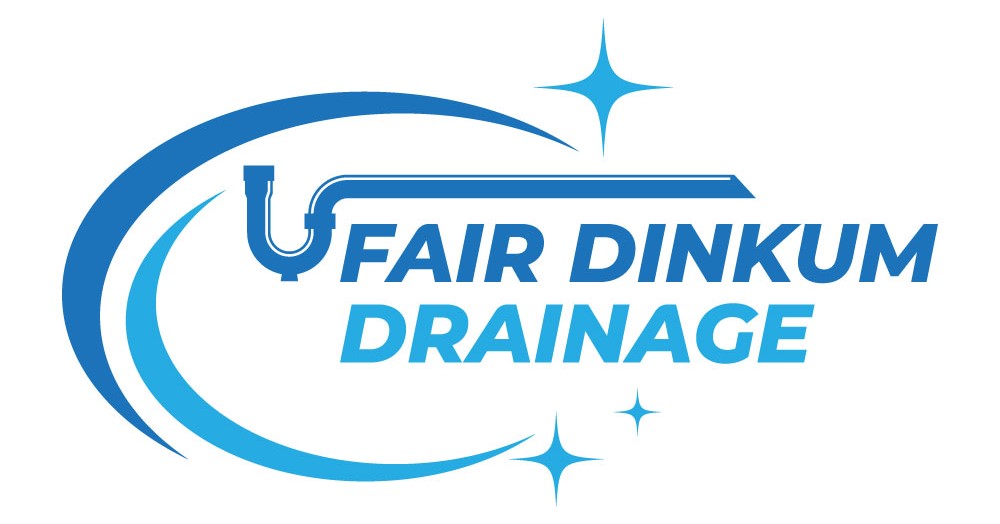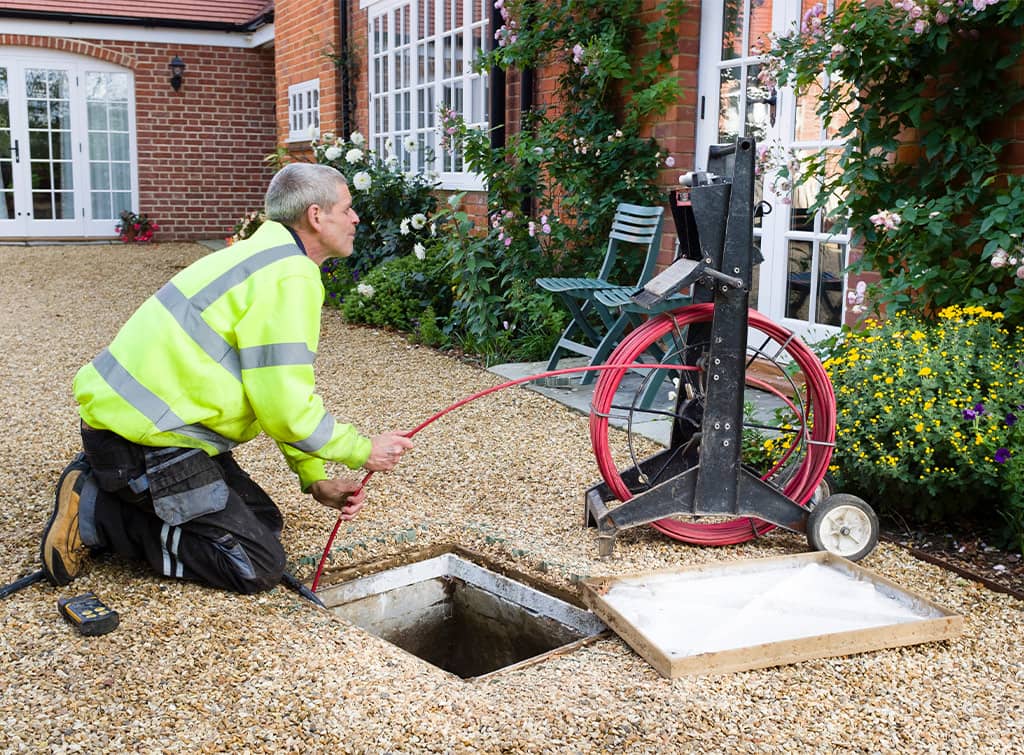Introduction
Dealing with a badly blocked drain can be a frustrating and potentially costly experience for homeowners. One of the most pressing questions is whether it’s necessary to have the drain dug up to resolve the issue. While excavation is sometimes unavoidable, there are several factors to consider. Additionally, there are alternative solutions that might save time and money. This article explores the conditions under which excavation is necessary, alternative methods for addressing severe blockages, and tips for preventing such issues in the future.
When Is Excavation Necessary?
Consider excavation, or digging up the drain, as a last resort for resolving severe blockages. Here are some scenarios where this might be necessary:
1. Collapsed Pipes
Suppose a collapsed pipe causes the blockage. Excavation is often required to replace the damaged section. Collapsed pipes can occur due to age, ground movement, or severe pressure from heavy traffic above the pipe.

2. Tree Root Infiltration
Tree roots can penetrate and block underground pipes, causing significant damage. In cases where roots have extensively infiltrated the pipe, digging up the drain to remove the roots and repair the pipe might be necessary.
3. Persistent Blockages
If multiple attempts to clear the blockage using other methods have failed, and the blockage keeps recurring, it might indicate a structural issue that requires excavation to address properly.
4. Pipe Misalignment or Breakage
Sometimes, pipes can become misaligned or break due to ground movement or poor installation. Excavation allows for the precise repair or replacement of the affected pipe sections.
Alternative Methods to Consider
Before resorting to excavation, it’s worth exploring other methods that can effectively clear a badly blocked drain. For instance, techniques like hydro jetting or using chemical drain cleaners may provide a viable solution. These methods are less invasive and can often resolve the issue without the need for digging.
1. CCTV Drain Inspection
A CCTV drain inspection involves sending a small camera into the drain to visually inspect the interior of the pipes. This method helps identify the exact location and cause of the blockage, allowing for targeted solutions. If the issue is minor, it might be resolved without excavation.
2. Hydro-Jetting
Hydro-jetting uses high-pressure water jets to clear blockages and clean the inside of pipes. This method is effective for removing grease, scale, and even some tree roots. It’s a powerful, non-invasive solution that can often clear severe blockages without the need for drain digging.
3. Pipe Relining
Pipe relining, also known as trenchless technology, involves inserting a resin-coated liner into the damaged pipe. The liner is then inflated and cured. Creating a new pipe within the old one. This method can repair cracks and small breaks without excavation, making it a less disruptive and cost-effective solution.
4. Mechanical Augers and Snakes
For certain types of blockages, mechanical augers. Snakes can be used to break up and remove. The obstruction. These tools are particularly effective for blockages caused by solid objects or tree roots.

Assessing the Need for Excavation
Deciding whether to excavate should involve a thorough assessment by a professional plumber or drainage specialist. They will consider several factors, including:
1. Severity and Location of the Blockage
The severity and location of the blockage within the drainage system play a crucial role in determining the appropriate solution. Blockages closer to the surface or inaccessible areas might be resolved with non-invasive methods.
2. Structural Integrity of the Pipes
If the pipes are structurally compromised. Such as being collapsed or extensively damaged. Excavation might be the only viable option to ensure a long-term fix.
3. Cost-Benefit Analysis
A cost-benefit analysis can help weigh the potential excavation costs against the likelihood of success with alternative methods. Sometimes, investing in a thorough, albeit costly, solution can prevent recurrent issues and additional expenses in the future.
4. Expert Recommendations
Relying on the expertise of professional plumbers and drainage specialists is crucial. They can provide informed recommendations based on their assessment and experience with similar issues.
Prevention Tips to Avoid Severe Blockages
Preventing severe blockages in the first place is the best way to avoid the need for costly and disruptive excavation. Here are some tips to keep your drains clear and functional:
1. Regular Maintenance
Schedule regular maintenance checks with a professional to inspect and clean your drains. This can help identify and address minor issues before they escalate into major problems.
2. Proper Waste Disposal
Be mindful of what goes down your drains. Avoid flushing non-biodegradable items, grease, and large food particles. Use drain covers and strainers to catch debris and prevent it from entering the drainage system.
3. Tree Root Management
If you have trees near your drainage system, consider installing root barriers and regularly trimming roots to prevent them from infiltrating your pipes.
4. Use Enzyme Cleaners
Enzyme-based drain cleaners can help keep your pipes clear by breaking down organic matter. These cleaners are safe for pipes and the environment, making them a good preventative measure.
5. Educate Household Members
Ensure everyone in your household understands the importance of proper drain use. Educating them on what should and shouldn’t be disposed of in sinks. Toilets can significantly reduce the risk of blockages.

Conclusion
While excavation is sometimes necessary for resolving badly blocked drains. It should be considered a last resort after exploring less invasive alternatives. Methods such as CCTV inspections, hydro-jetting, pipe relining, and mechanical augers can often clear severe blockages without the need for digging. By thoroughly assessing the blockage and considering expert recommendations, homeowners can make informed decisions about the best course of action. Additionally, implementing preventive measures can help avoid the need for such drastic interventions in the future, ensuring a smooth and functional drainage system.
Get More Information

